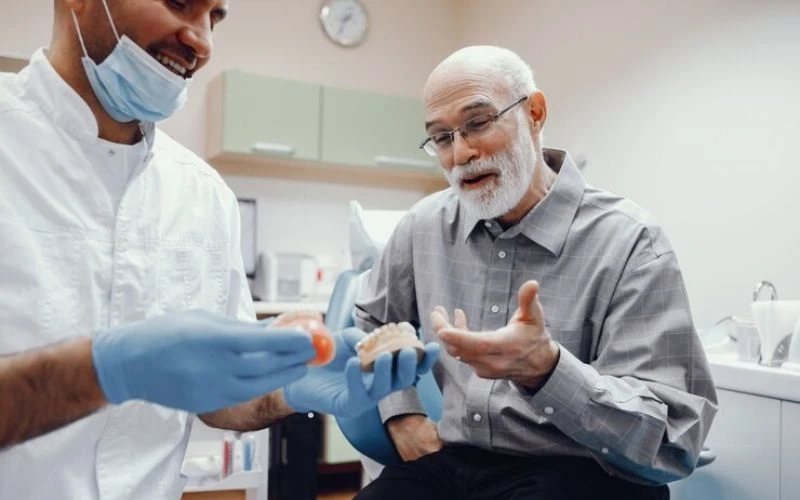All-On-4 dental implants have revolutionized implant dentistry, offering a fixed and reliable solution for individuals missing most or all of their teeth. While all on 4 implants long beach are suitable for many patients, some may have better options. Let’s explore who should avoid All-On-4 dental implants and discuss various factors to consider before undergoing this treatment.
Understanding All-On-4 Dental Implants:
All-on-4 dental implants, also known as full-arch implants, are a type of implant-supported prosthesis designed to replace an entire arch of teeth (either upper or lower) with just four strategically placed implants. Unlike traditional dental implants that require a separate implant for each missing tooth, All-On-4 implants utilize fewer implants. They are often less invasive, making them popular for individuals seeking a full-mouth restoration.
Who Should Avoid All-On-4 Dental Implants?
While All-On-4 dental implants offer numerous benefits, certain factors and considerations may make this treatment unsuitable for some individuals. Here are some situations in which All-On-4 implants may not be the best option:
- Insufficient Bone Density: Adequate jawbone density is essential for the successful placement and stability of dental implants. In some cases, individuals may have insufficient bone volume in the jaw to support All-On-4 implants. Bone grafting or alternative implant techniques may be necessary to improve bone density before proceeding with All-On-4 treatment.
- Advanced Gum Disease: Periodontal (gum) disease can compromise the success of dental implant surgery and increase the risk of implant failure. Individuals with advanced gum disease may need to undergo periodontal treatment and achieve optimal gum health before considering All-On-4 implants.
- Uncontrolled Medical Conditions: Certain medical conditions, such as uncontrolled diabetes, autoimmune disorders, and bleeding disorders, can affect the body\'s ability to heal correctly after dental implant surgery. Individuals with poorly controlled medical conditions may be at higher risk of complications and should consult with their healthcare provider before undergoing All-On-4 treatment.
- Heavy Smoking: Smoking can interfere with the healing process and increase the risk of implant failure. Individuals who smoke heavily may not be suitable candidates for All-On-4 implants unless they are willing to quit smoking or significantly reduce their tobacco use both before and after surgery.
- Bruxism (Teeth Grinding): Individuals who grind or clench their teeth (bruxism) may put excessive pressure on dental implants, leading to implant failure or damage to the prosthetic teeth. While bruxism does not necessarily disqualify someone from receiving All-On-4 implants, additional precautions, such as wearing a nightguard, may be necessary to protect the implants and prolong their lifespan.
- Expectations And Lifestyle: All-on-4 dental implants must commit to oral hygiene and regular dental check-ups to maintain long-term success. Individuals who are unable or unwilling to adhere to post-operative care instructions or who have unrealistic expectations about the outcome of treatment may not be suitable candidates for All-On-4 implants.
While All-On-4 dental implants offer a transformative solution for individuals with missing teeth, they may only be suitable for some. It\'s essential to consult with a qualified dentist in long beach who can assess your oral health, discuss your treatment options, and determine the most suitable approach for restoring your smile and oral function.


